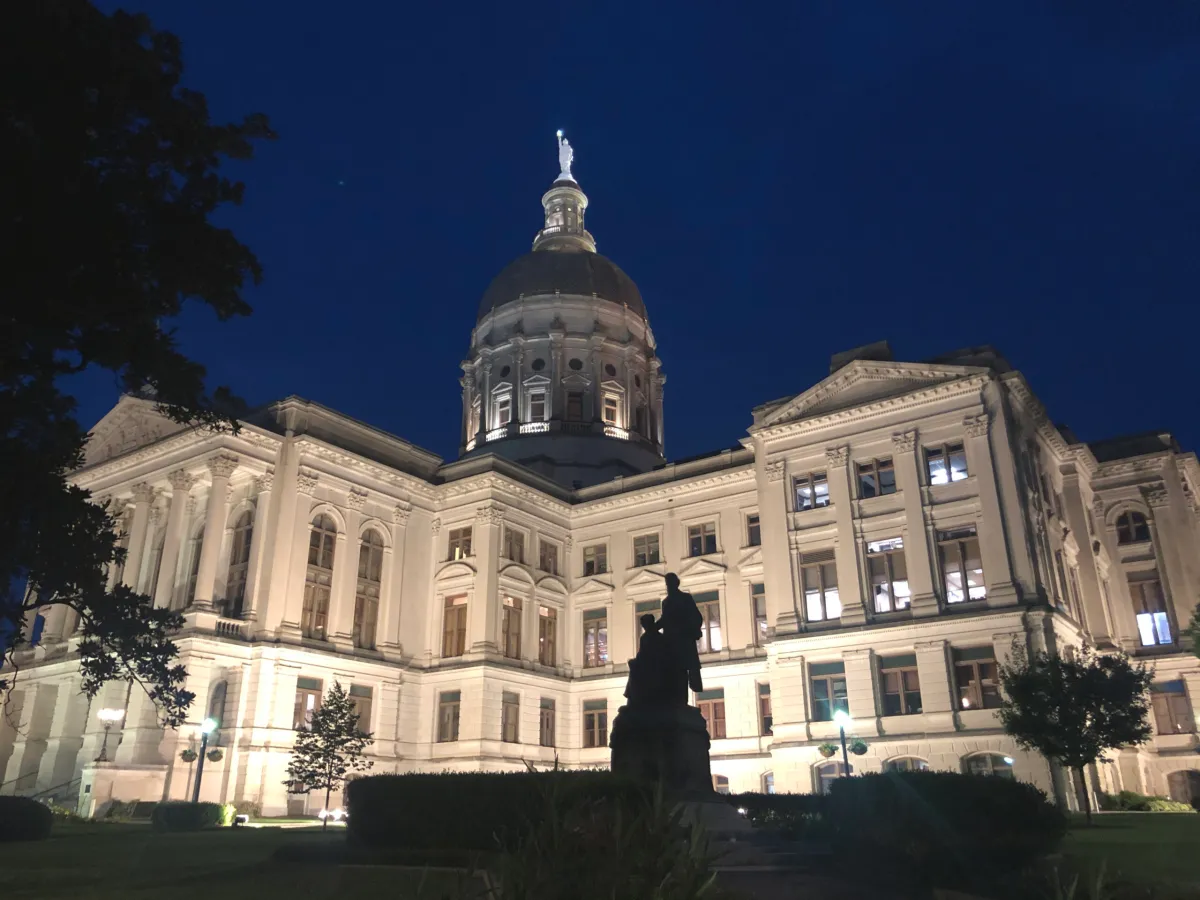The Georgia House approved its proposed amended fiscal year spending plan through June 30, adding billions in new spending after another massive tax revenue surplus.

(Photo: Lamudi)
House Bill 18 is a $32.6 billion budget that would increase spending by nearly $2.4 billion, or 8%, over last year’s budget and uses a billion dollars of the record $6.6 billion surplus to provide homeowners with a one-time additional homestead exemption of $18,000. Gov. Brian Kemp stated that the exemption should result in an average savings of $500. Another $1.1 billion from the surplus will be used to supplement transportation funding following a 10-month gas tax suspension to combat inflation.
READ ALSO: House of GOP will Start Investigating Pandemic Unemployment Benefits Fraud Worth Almost $60 Billion.

(Photo: USA Today)
The amended bill for the fiscal year 2023 was approved 170-1.
“This amended budget represents Georgia’s second year in a row of tremendous growth,” House Appropriations Chair Matt Hatchett (R-Dublin) said while introducing the bill. “Our state has a long history of fiscal conservatism, and this year is no exception.”
Georgia’s budget spends nearly $3,000 per person on everything from road infrastructure and K-12 education to agricultural inspectors and health care, with much of the increased funding going toward one-time expenses like new battery backups for the state’s voting machines, raised benefits for retirees, and upgrading domestic violence shelter safety.
The House also approved $60,000 school safety grants and established a $37.5 million “Rural Workforce Housing Fund,” reallocating leftover funds from the OneGeorgia Authority to help Kemp’s proposal to address potential workforce housing shortages associated with massive economic development projects recently announced in the state.
Regarding development, the amended fiscal year budget includes funds to expand the Technical College System of Georgia’s Quick Start training center program, which will create customized training programs to prepare Georgians to work for new electric vehicle plants in Newton, Bryan, and Chatham counties.
The AFY budget has now been sent to the Senate, while the House is still working on the spending plan for the next fiscal year, which begins on July 1.
READ ALSO: $2,000 Property Tax Rebate for Montana Homeowners Under $2.4 Billion Surplus Tax




















